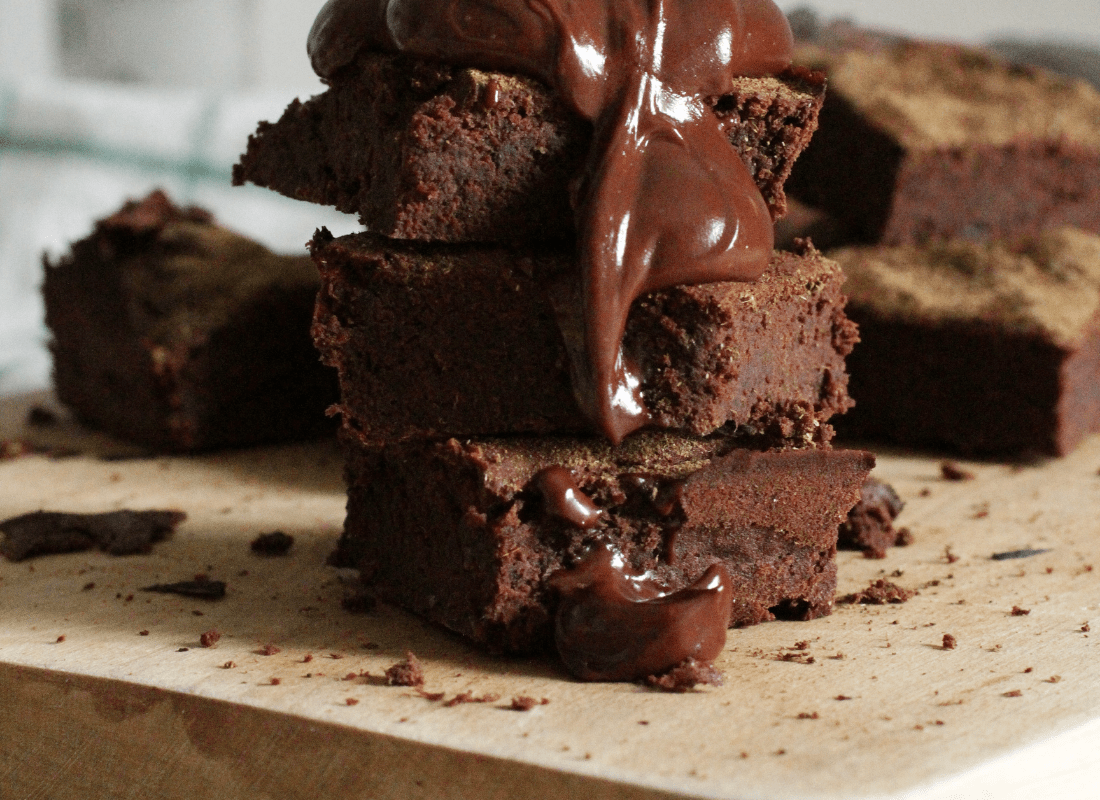Food craving is quite different from hunger, but hunger at times leads to food craving. Food cravings are a desperate desire to consume some specific foods.
This desperate desire to eat a particular food can not be satisfied until one gets that food.
Cravings can occur to anybody irrespective of their age, sex, race, family e.t.c
What causes of food cravings?
- Hormonal changes or imbalance in the body
Hormonal imbalances occur when there is too much or too little of a hormone in the bloodstream. Because of their essential role in the body, even small hormonal imbalances can harm the body. These changes are common during pregnancy, ovulation and menstruation.
Most pregnant women experience intense cravings for food as a result of hormonal changes in their body. These changes can affect their smell and taste sensation.
- Stress
Stress can likewise cause food cravings by expanding the level of cortisol in your blood. There’s a link between high cortisol levels to cravings and a higher probability of stress-eating.
- Mood
Certain mindsets may trigger longings for explicit nourishments. For instance, negative states of mind appear to start desires for comfort eating.
Other causes are emotions, sickness, physical activities, low diet, personality.
Ways to control food cravings
1. Drink Water
Thirst is often mistaken for yearning or food cravings.
If you feel an unexpected desire for a particular food, drink a glass of water and wait a few moments. You may find that the craving disappears because your body was dehydrated.
The body needs enough water to maintain an adequate blood volume and to maintain a stable weight. Apart from keeping sugar cravings low and false hunger in check, drinking lots of water also helps the body to work optimally.
2. Eat More Protein
Eating more protein may lessen your hunger and shield you from indulging. It also reduces cravings and keeps you full longer.
One study of overweight high school young ladies showed that eating a high-protein breakfast reduced cravings a lot.
Another study of overweight men showed that increasing protein intake to 25% of calories reduced cravings by 6o per cent. Also, the desire to nibble around evening time went down by half.
3. Exercise
Exercise oxygenates the body and builds endorphins, which leaves us feeling incredible. At one point you might be feeling down and think about snacking on a chocolate bar. But then you realize that this is not a good idea and opts to go for a 30-minute brisk walk which ends up feeling a lot better.
4. Distance Yourself From the Craving
When you feel a craving building up, separate yourself from it.
You can go for a lively stroll or take a shower to shift your mind onto something different.
The simple act of moving from where you are and changing your mental focus to something else can help stop the craving.
Several studies have additionally shown that chewing gum can also help reduce hunger and cravings.
5. Keep busy
There are a few days when it seems like the food you’re craving is everywhere you look. Your co-worker might bring doughnuts to the office, or you pass your favourite fast food restaurant on your way to the gym.
It becomes challenging to overcome the fixation with food when you have easy access to it.
You can’t stay away from food entirely, but you can make small changes to avoid constant visual stimulation. If you have easy access to sugary snacks at work, skip the breaks and have a healthy meal at a nearby restaurant.
On the off chance that you always pass a fast food joint, choose another route to steer clear of the temptation.
6. Learn to control your emotions
Cravings aren’t always as a result of feelings, but there’s a strong connection but for most people. We eat when stressed, sad or uneasy.
If you eat because of your feelings, you must learn to manage your emotions first and then tackle the food cravings. Here’s why? Eating your favourite treat won’t ease your emotional pain. Seek professional help if you feel overwhelmed all the time and can’t seem to figure out what the problem is.
7. Plan Your Meals
Choose one day of the week to plan your meals for the day or upcoming week.
By definitely understanding what you will eat, you take out the guesswork and less likely to eat whatever is in front of you.
If you’re invited to an unplanned dinner, it will be easy to choose what to eat because of the experience you will have gained from meal prepping.
Doing this will help you handle any cravings that might arise during such occasions.
8. Avoid Going for Long Between Meals
Hunger is perhaps the primary motivation why we experience cravings.
It is smart to thoughtfully plan your meals to eat routinely and have substantial snacks.
By proper planning and being ready to deal with long stretches without food, you might have the option to keep the craving from appearing by any means.
9.Reduce Stress
Stress can cause food cravings and impact your eating practices behaviour.
You are more likely to eat a larger number of calories and experience more cravings than when your stress levels are manageable.
Besides, stress raises your blood levels of cortisol, a hormone that can make you gain weight, particularly in the belly region.
Work on limiting stress in your life by preparing, thinking through everything and by slowing down the pace of your life.
10. Get Enough Sleep
Your hunger is influenced by several hormones that fluctuate during the day.
Lack of sleep disturbs the workings of these hormones and may prompt hunger pangs and some cravings.
Studies uphold this, showing that people who get less sleep are up to 55% bound to get fat, contrasted with individuals who get enough rest.
Hence, getting adequate sleep may be one of the unique approaches to keep cravings at bay.
Sometimes it seems like rest can fix anything. As per a recent report from the University Hospital of Leicester NHS Trust in the UK, better rest may offer the jolt of energy you need to fix those cravings.
11. Eat Proper Meals
Hunger and an absence of critical nutrients can both a cause of cravings.
In this manner, it’s imperative to eat a well-balanced meal at all times. By doing this, your body gets all the nutrients it needs, and you won’t get hungry just after eating.
On the off chance that you end up needing to nibble after dinner, ensure it’s something that provides complete nourishment such as fruits, nuts, vegetables or seeds
12. Use common sweeteners
If you need a little more sugar, use the usual stuff. Use a spoon of regular sugar or the earthy coloured rice syrup, palm sugar and stevia. Doing this will help ease your cravings for something sweet without adding such a large number of calories.






